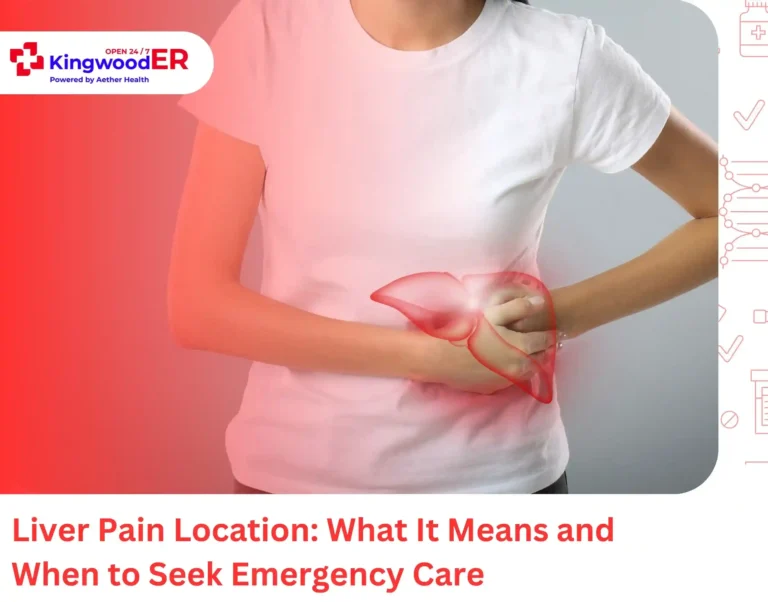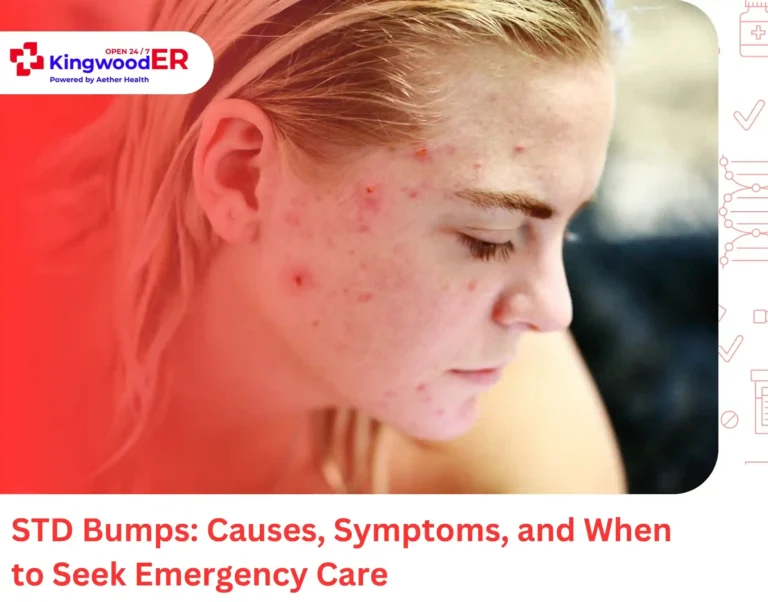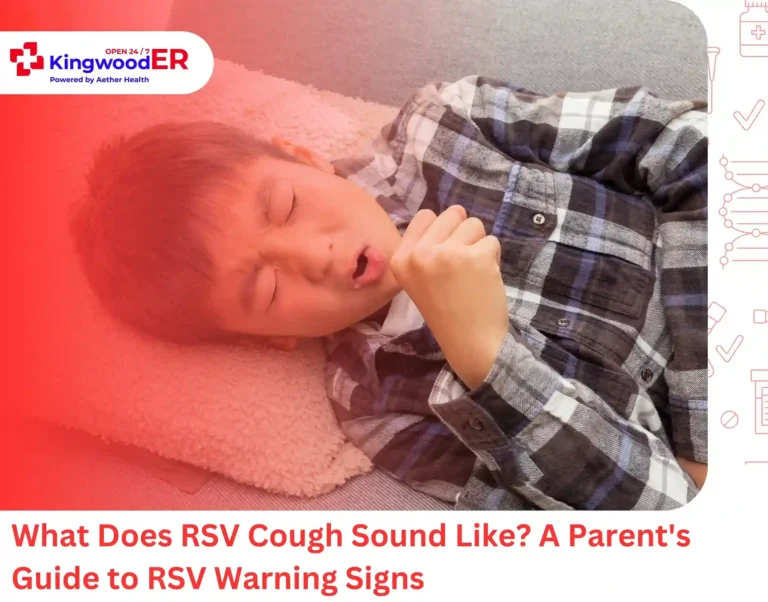Did you know that high blood pressure is the number one risk factor for heart disease? In fact, about half of all Americans have high blood pressure, and many of them are now aware of it.
While hypertension can often lead to heart disease, it can also increase the risk of stroke.
In this blog post, we will look closely at the link between the three and explain how hypertension, heart disease, and stroke are related. We will discuss what each condition is, what symptoms to watch out for, and how they are related.
How Are Hypertension, Heart Disease, And Stroke Related?
High blood pressure, or hypertension, is a medical condition where the force of blood pushing against the walls of your arteries is too high. Over time, this can damage the walls of your arteries and lead to heart problems like angina, heart attack, and stroke.
Learn More About Each Condition
Heart disease, hypertension, and stroke are different conditions–learn more about each one. If you are dealing with any of the symptoms listed below or in case of an emergency, visit Aether Health – Kingwood ER immediately.
Heart disease
Heart disease is a broad term used to describe any condition that affects the structure or function of your heart. This can include coronary artery disease, arrhythmia, and congestive heart failure.
The most common type of heart disease is coronary artery disease. It is important to note that many of these conditions are related to hypertension.
Symptoms:
- Chest Pain or Discomfort
- Shortness of Breath
- Nausea or Vomiting
- Heart Palpitations
- Upper back or Neck Pain
- Dizziness or Lightheadedness
- Heartburn
- Fatigue or Weakness
- Indigestion
- Irregular Heartbeat
- Abnormal Sweating
- Loss of Consciousness
- Extreme fatigue
Hypertension
Hypertension is a condition where the force of your blood pushing against the walls of your arteries is too high. It is a common chronic condition and can lead to several complications if left untreated, including heart attack and stroke.
According to the Centers for Disease Control and Prevention, “Nearly half of the adults in the United States (47%, or 116 million) have hypertension.”
Symptoms:
- Early morning headaches
- Nosebleeds
- Nausea
- Irregular heart rhythms
- Confusion
- Anxiety
- Vision changes
- Chest pain
- Buzzing in the ears
- Fatigue
- Muscle tremors
Stroke
A stroke happens when the blood supply to a part of your brain is suddenly blocked. This can cause permanent damage and affect how your body functions. Moreover, stroke is the fifth leading cause of death in the US.
Symptoms:
- Sudden weakness of the face, arm, or leg, especially on one side of the body
- Sudden confusion, trouble speaking or understanding what others are saying
- Sudden trouble seeing in one or both eyes
- Difficulty in walking
- Sudden dizziness
- Loss of balance and coordination
- Severe headache with no known cause
- Nausea and vomiting
- Loss of consciousness
- Abnormal sweating
- Rapid heartbeat
- Irregular breathing
What Is The Difference Between Heart Attack And Stroke?
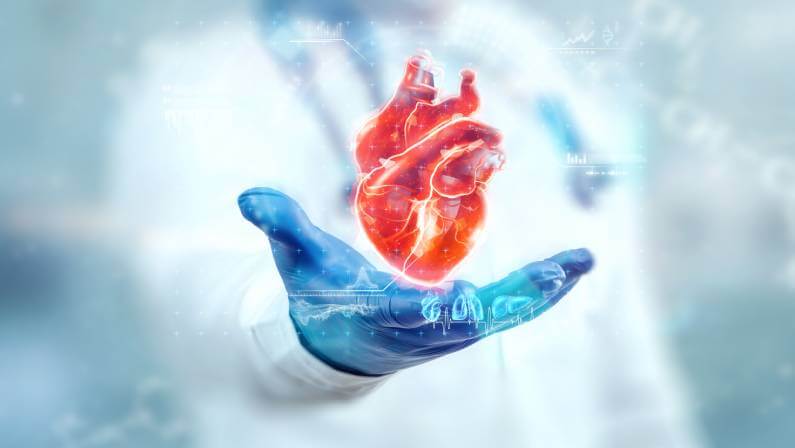
Heart attack and stroke are two different medical conditions, but they share many risk factors
A heart attack occurs when the arteries of the heart become blocked, cutting off the oxygen supply to the heart muscle and resulting in tissue death. A stroke is a disruption of blood flow to the brain, which can lead to permanent damage or even death.
While both conditions have high blood pressure as a risk factor, that alone does not cause either one—and they require different treatments. It is important to seek immediate medical attention if you or someone else is experiencing signs of either a heart attack or stroke.
By understanding what the differences are, you can help protect yourself and your loved ones from these life-threatening conditions.
Risk Factors for Heart Disease, Hypertension, and Stroke
All three disorders have some risk factors in common, such as:
- Unhealthy diet
- Excess weight or obesity
- Lack of exercise
- Smoking
- Excessive alcohol consumption
- High levels of stress
- Diabetes
- Family history
How Can Hypertension Cause A Heart Disease?
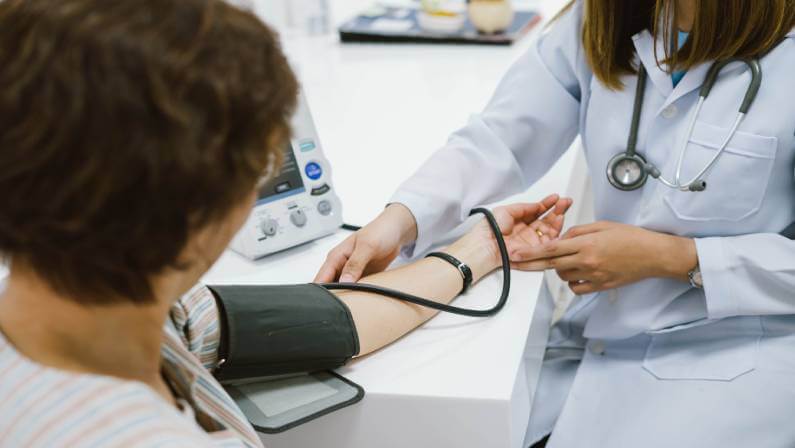
Hypertension is one of the key factors for heart disease. When your blood pressure is too high, it puts extra strain on your artery walls. This can cause them to become damaged, leading to a buildup of fatty plaque (atherosclerosis), which can cause blockages and reduce blood flow to the heart.
Hypertension also increases your risk of other cardiovascular diseases, such as stroke and congestive heart failure.
Can High Blood Pressure Lead To Stroke?
Yes, high blood pressure is a major risk factor for stroke. When your blood pressure is too high, it causes extra strain on the walls of your arteries, leading to damage and plaque buildup (atherosclerosis). There are two types of stroke:
Ischemic stroke
Hypertension increases your risk of having a stroke by causing blockages in your arteries, leading to reduced blood flow to the brain. This results in what is known as an “ischemic” or “thromboembolic” stroke.
Hemorrhagic stroke
It can also cause what is known as a “hemorrhagic” stroke, where the artery wall ruptures and bleeds into your brain. Either type of stroke can result in permanent damage to your brain cells and can even be fatal.
What Constitutes High Blood Pressure?
High blood pressure is defined as a measure of more than 140/90 mmHg. It can be caused by many different factors, including unhealthy diet, smoking, and lack of exercise. If not treated, it can cause serious complications such as heart disease and stroke.
How to Lower Blood Pressure
It is vital to maintain healthy habits such as avoiding smoking, exercising regularly, and eating a balanced diet in order to keep your blood pressure within normal limits. If you have been diagnosed with high blood pressure, it is essential to follow your doctor’s advice on how to reduce or manage it.
How Can You Decrease The Risk Of Stroke?

It is important to make some lifestyle changes to lessen the risk of stroke.
These include:
- Eating a healthy diet that is composed of a variety of fruits and vegetables, as well as whole grains and low-fat dairy products.
- Regular exercise such as walking or jogging for at least 30 minutes a day, 3-4 times a week.
- Limiting alcohol consumption to not more than two drinks per day for men and one drink per day for women.
- Managing stress levels through activities such as yoga, meditation, or tai chi.
- Taking medications prescribed by your doctor to help bring down blood pressure.
By making these changes and following your doctor’s advice, you can significantly reduce your risk of developing hypertension, heart disease, or stroke. It is important to take the necessary preventive measures to protect yourself and maintain a healthy lifestyle!
Hypertension, Heart Disease, and Stroke are All Connected
It is clear that hypertension, heart disease, and stroke are closely related. Hypertension can increase the risk of both heart disease and stroke by causing blockages in your arteries or rupturing artery walls leading to reduced blood flow to the brain.
To reduce this risk, it is important to make some lifestyle changes, such as eating a healthy diet, exercising regularly, limiting alcohol consumption, managing stress levels, and taking medications prescribed by your doctor. By making these changes, you will be able to protect yourself from developing any of these conditions!
For immediate medical attention in Texas, contact Aether Health – Kingwood ER. They are open 24/7 to cater to your emergency needs.


